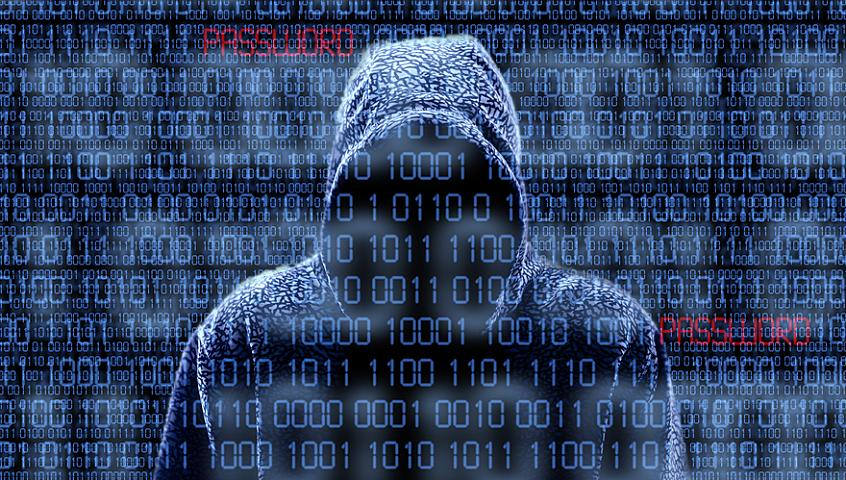How the country became a force to be reckoned with in cyberspace
From special taskforces to education programs, Australian policymakers should take a leaf out of Israel’s book when it comes to cybersecurity, Isaac Kfir writes.
Israel sees the world of cyberspace as critical for its survival. The nation has long been known as a cybersecurity powerhouse, with the sector a key revenue earner for the country. In 2018, Israeli cybersecurity firms received 16 per cent of the world’s total cybersecurity investments.
However, the ecosystem that surrounds Israel’s cybersecurity – specifically the counter-terrorism space – is shrouded in confusion, both because it is so fluid and because the country has no cybersecurity doctrine. Consequently, it is hard to know where the civilian side begins and the military side ends.
Israel’s cyber ecosystem needs to evolve, as the country faces myriad threats: cyberattacks by state and non-state actors; the use of social media platforms to gather information for attacks; denial of service hacks; and misinformation campaigns.
Historically, Israel has approached cybersecurity through two lenses. On the one hand, there was the military, which focused on sdeh hakrav haatidi (future battlefield) and information warfare. On the other hand, the civilian domain dealt with the protection of data and computerised systems in the non-military space.
Israel’s current cybersecurity system is thriving in a semi-structured relationship between the public and private sector and between the military and civilian domain. This has been made possible in the country because people know one another through their military service.
Nevertheless, there are doubts that this system is sustainable. As a result, there are indications that Israel is in the process of restructuring its approach to cybersecurity. For example, in 2015, the Israel Defense Forces (IDF) toyed with idea of establishing a separate cyber corps. It has since walked away from the idea, as military leaders felt that cyber shouldn’t be seen as a separate domain.
Appreciating that cybersecurity experts must be actively developed and don’t simply emerge on their own, the Israeli state has invested heavily in its cyber education sector. 10th-graders taking courses through the Magshimim program are able to take after-school classes in encryption, coding and preventing malicious hacking. More than 75 per cent of the graduates of these programs end up serving in the IDF’s cyber and intelligence units.
Read the article by Isaac Kfir on the APPS Policy forum.

